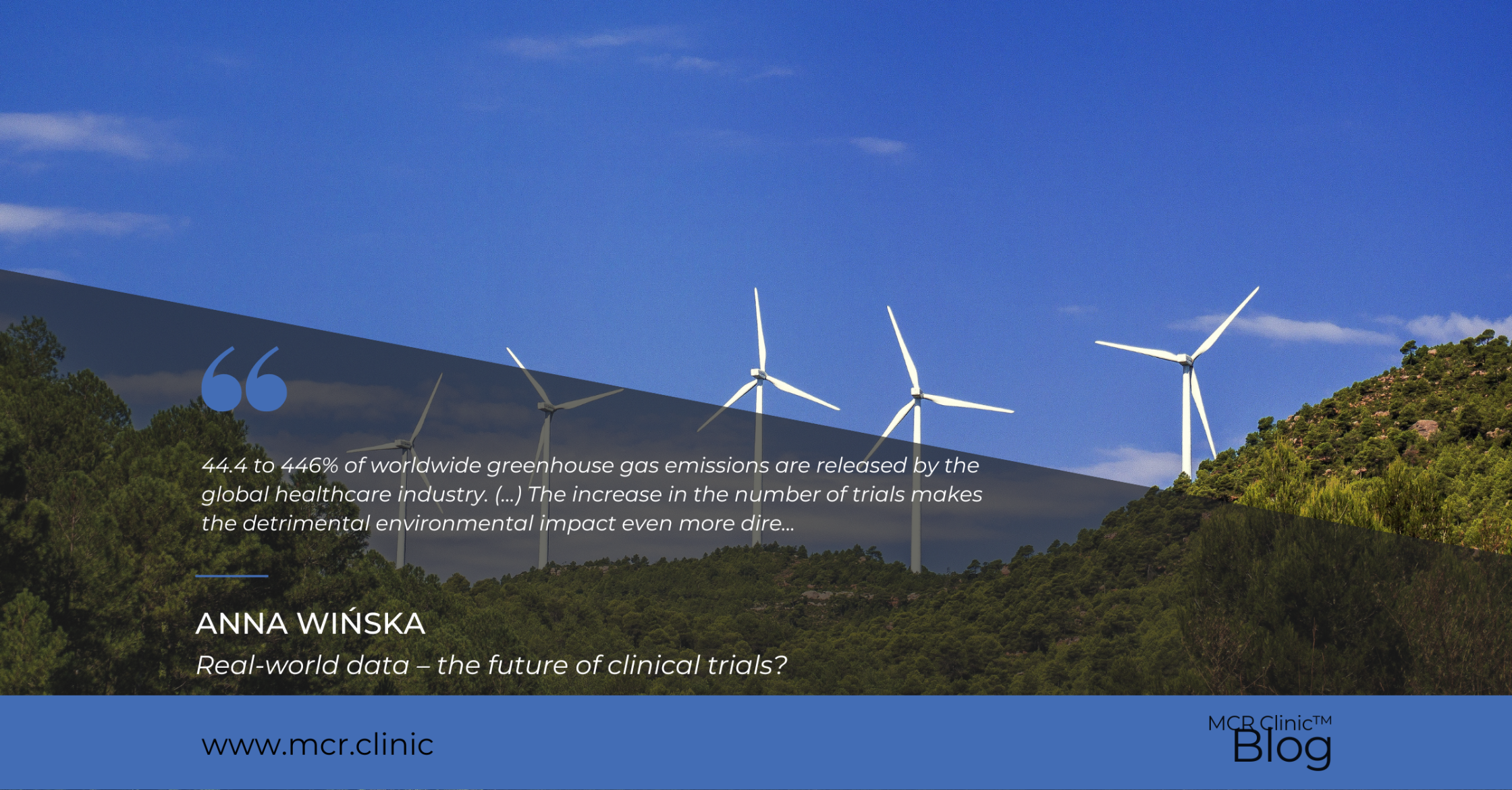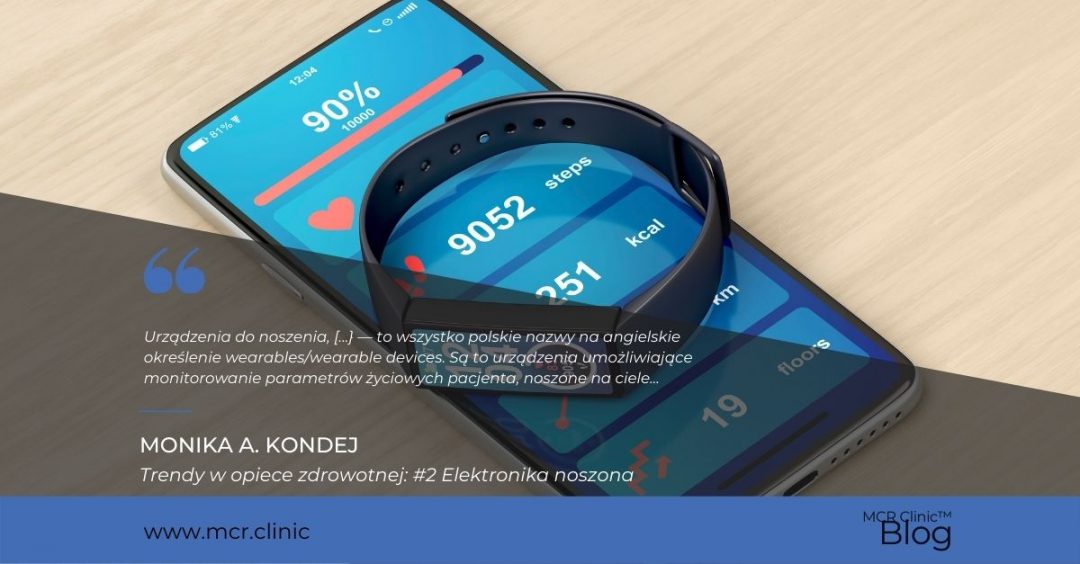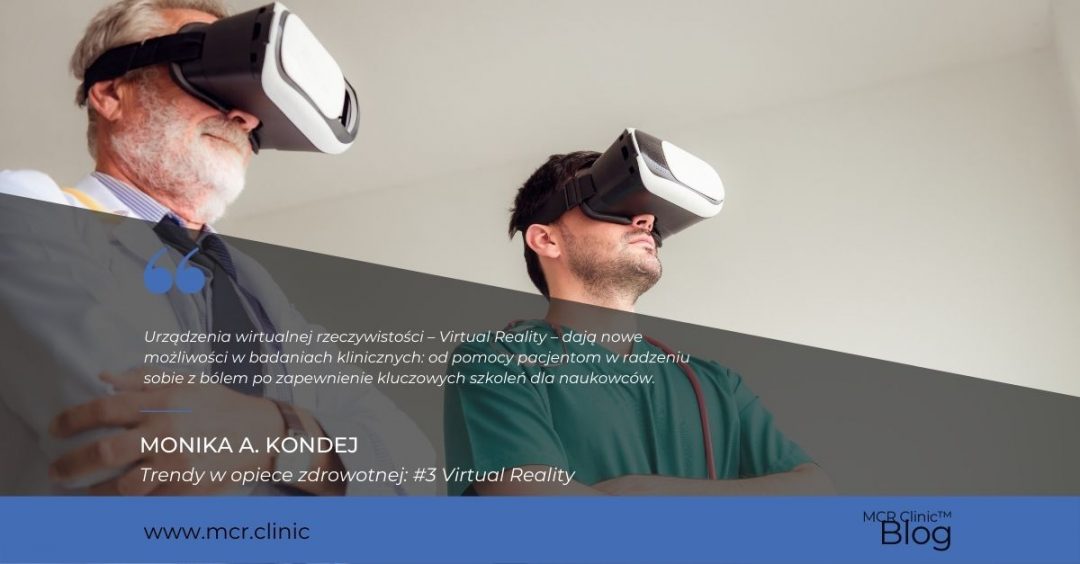44.4 to 44.6% of worldwide greenhouse gas emissions are released by the global healthcare industry. Manufacturing and researching of drugs, along with the high transportation cost are among the main generators of high energy costs in clinical trials, while overproduction of drugs and documents is the second greatest emitter of carbon dioxide. Taking into account that between 2021 and 2022, the number of trials in Phase 0 increased by 59% due to the strain put on global supply chains, the detrimental environmental impact becomes even more dire.
Clinical Trials Arena reports that at this moment, up to 50-70% of drug products in oncology remain unused, representing both – environmental and production inefficiencies. Data scientists suggest that a focus on drug forecasting and patient customisation might be needed to alleviate this problem.
How do we solve this?
One solution suggested by experts to minimise this impact is the usage of artificial intelligence (AI), predicting patient’s needs and adapting to their medical situation. This way, production of drugs will be adjusted to the demand in the market for particular dosages. A similar approach is offered by just-in-time ordering, focusing on smaller batches of product delivered to selected areas based on historical data and customer needs. However, for clinical trials this solution might not be ideal. Its lack of responsiveness to sudden surges in demand, often in times of crises that could not be predicted by accumulated data, puts the patients at a greater risk than keeping a greater inventory would.
Literature reviews of clinical studies reveals that all of them indicate rreduced travel as the main means to minimize emissions. Currently, trial-related travel is responsible for 29 tons of CO2. This included stays for site visits, on-site data verification, and meetings – a lot of which could be reduced by remote solutions. MCR Clinic’s system addresses the issue of trial-related travel of Investigators, Monitors, and Patients, allowing them remote access to eSource in MCR Clinic’s modules and reduces physical visits by Monitors. Along more positive environmental impact, it offers up to 40% reduction of monitoring costs.
ESG concerns are the main concern in various industries. However, some address them better then most, putting real-life policies in place. Clinical trials and the medical industry in general seem to have started realizing the impact the technical side of their work can put on other relatively recently, but the biggest players have already acted upon it. Pfizer declared to reach a net-zero standard by 2040, reducing emissions from business related travel by 25%. Biogen cut the total waste generated from their operations by 50% between 2019 and 2021. The focus on responding more swiftly to changes in demand seems to be a correct path to follow, but the actual meaning of such implementations could be observed only in the long run.
Sources
- https://www.biogen.com/responsibility/environment.html
- https://www.pfizer.com/about/responsibility/environmental-sustainability
- https://www.clinicaltrialsarena.com/analysis/sustainable-clinical-trial-supply-chains/
- https://journal.emwa.org/sustainable-communications/carbon-footprint-of-clinical-trials-a-high-level-literature-review/
- https://www.news-medical.net/health/The-Carbon-Footprint-of-Clinical-Trials.aspx



